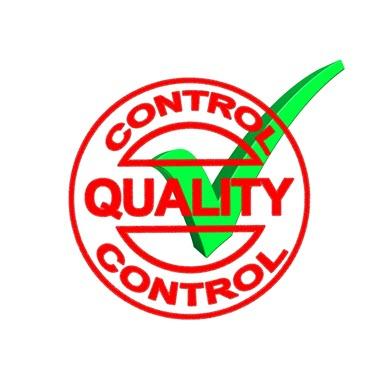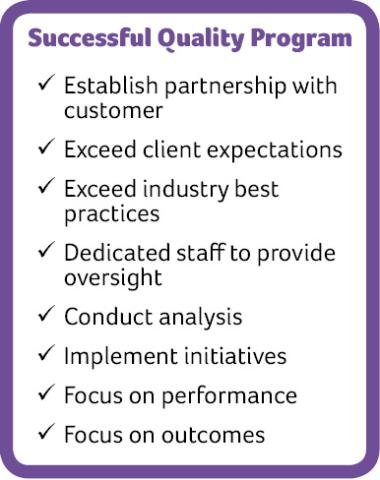
Recently I had the opportunity to interview Sharon Riley, Coventry’s Director of Field Case Management (FCM) Service Operations, about clinical case management quality assurance best practices. Sharon has been with Coventry for 28 years, seven of which she has been in this role overseeing quality, including meeting URAC Case Management standards. Read on for her insightful responses.
Thank you so much for talking about quality programs with me today, Sharon. Can you tell us why it’s it important to have a quality program?
My pleasure! A quality program provides a structure and mechanism to communicate results for ongoing improvement. It supports the identification of quantifiable measures used to establish acceptable levels of performance. It also supports the development and implementation of action plans to meet and exceed standards.
Can you talk about the philosophy of performing quality assurance audits for a clinical case management program?
A Case Management quality program is designed to establish a partnership with customers and ensure both the client’s expectations and industry best practices are exceeded. It should include dedicated staff that provide oversight and also have the experience to conduct analysis, implement initiatives, and ensure focus on performance and outcomes.

What goes wrong when a quality assurance program isn’t in place?
Without a quality program we can’t build trust with our customers. We would lack knowledge to produce a better product.
You mentioned it’s important to have quantifiable results to establish acceptable levels of performance. What aspects of quality assurance should be measured?
For new and on-going cases, many customers prefer to provide specific audit criteria akin to file-related performance indicators and activities. Frequency and volume of audits and file reviews are often included in service level agreements and contracts. Often times, once minimum standards are defined, the contract agreement can include the standards by which the program is evaluated. When talking about closing a case, measured outcomes may include case duration, savings impact, and return-to-work. Comprehensive case closure file review can also include analysis of continued value-added case management impact and/or the achievement of required triggers or milestones.
Can you talk about some of the trends you’ve seen in measuring quality?
We’ve seen a rise in the use of data tools and technology to identify definite measurable benchmarks to establish and achieve strategic goals. Quality initiatives need to be managed like a project; project management skills and experience provide critical support and expertise. Transparent standards and expectations are ever important at the onset and should be included in initial training so that progress can be continually monitored and improved.
This has been very informative Sharon, thank you so much for your time today. Let us know in the comments below if you have any additional thoughts on quality or Sharon’s answers.


